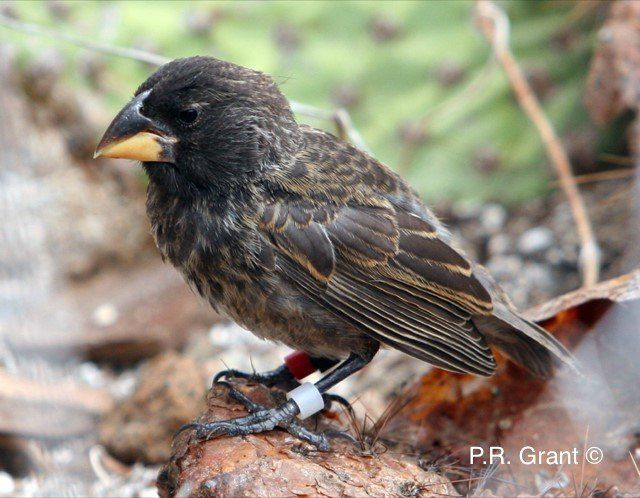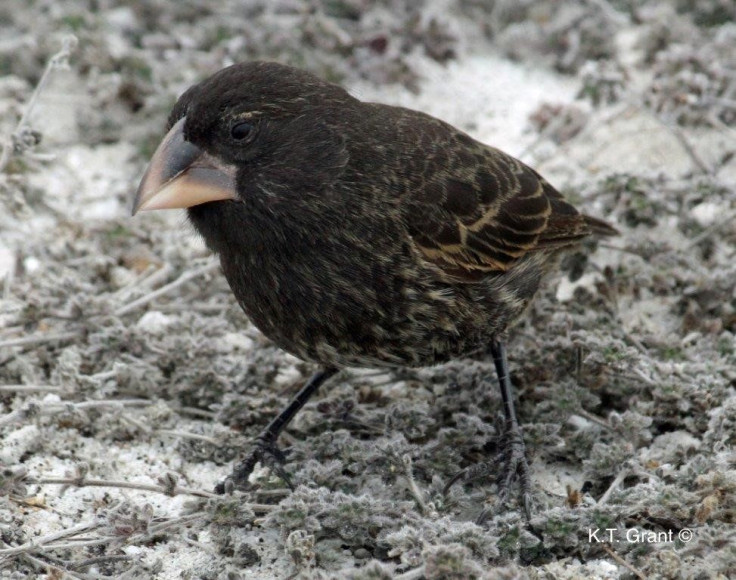Scientists In Galápagos Islands Say Earth Creating New Species Faster Than Thought
Earth can create new species faster than scientists have previously thought — in just a few generations of animals instead of hundreds.
Scientists saw this in action on one of the Galápagos islands when a strange bird flew into town and bred with one of the natives to create a hybrid species. Fast-forward to today, just a couple of generations later, and the hybrid birds only mate with each other, a condition called reproductive isolation and one of the hallmarks of a separate species. The newly emerged birds also have a beak shape that is distinct from the rest of the birds on Daphne Major, which helps them carve out their own place on the island’s food chain.
According to a study in the journal Science, the researchers did a genetic analysis on the immigrant bird to identify it as finch, Geospiza conirostris, from the large island Española. Its first native finch mate was a Geospiza fortis. The team said the breeding between the two “initiated a new genetic lineage” that “despite intense inbreeding, was ecologically successful.”

The process started in 1981, when researchers noted the immigrant bird with a strange song and a larger body and beak than the locals.
“We didn’t see him fly in from over the sea, but we noticed him shortly after he arrived,” researcher Peter Grant said in a statement from Princeton University. “He was so different from the other birds that we knew he did not hatch from an egg on Daphne Major.”
The new species, dubbed the “big bird lineage,” already has about 30 members. They are reproductively isolated because the purebred native species on the island don’t respond to their distinct birdsong or to their unique beak shapes and sizes when it comes to finding mates.
“We have no indication about the long-term survival of the Big Bird lineage, but it has the potential to become a success, and it provides a beautiful example of one way in which speciation occurs,” researcher Leif Andersson, from Uppsala University, said in the Princeton statement. “Charles Darwin would have been excited to read this paper.”

© Copyright IBTimes 2024. All rights reserved.





















